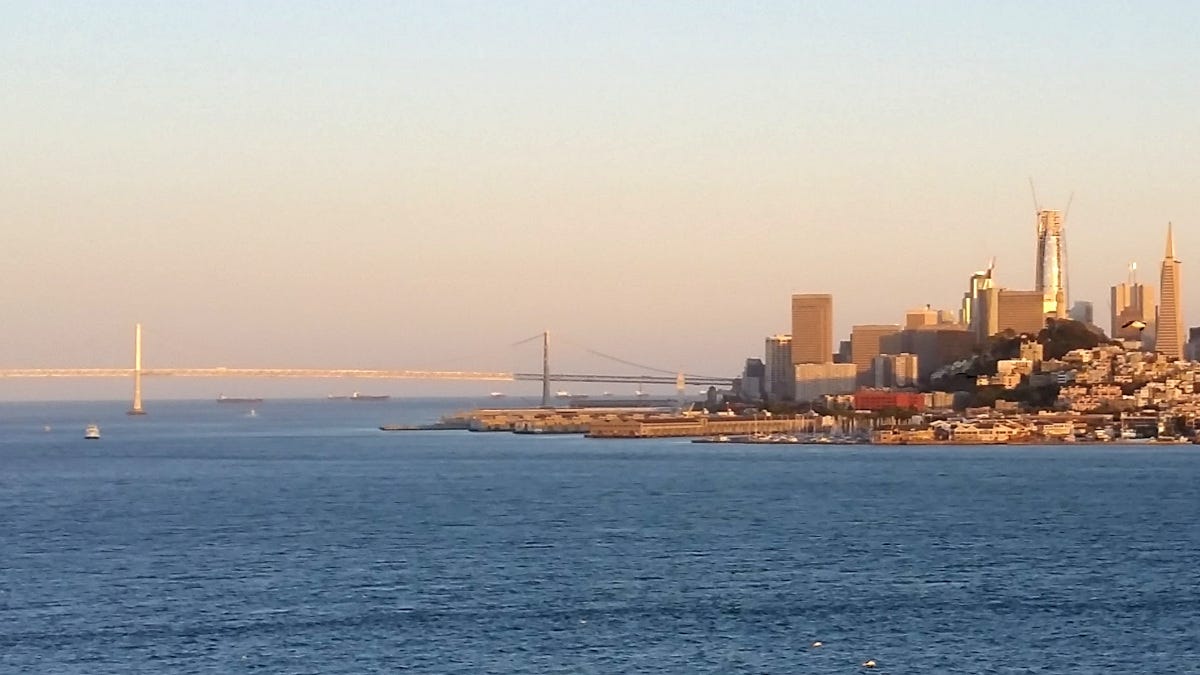Protesters, moral high ground, and the Bay Bridge
On flash mobs, the APEC summit, and why protesters need to stop shutting down bridges
In the very early 2000s, the widespread adoption of cell phones and Internet access gave rise to the first flash mobs. While some people saw them as nuisances and others saw them as amusing cultural phenomena, it was obvious to at least some people that flash mobs defied conventional security processes: Their very purpose was to evade anticipation.
■ Flash mobs have now been around for 20 years, and yet it often seems as though the people charged with ensuring public security still haven't given them the slightest thought. This came radically into focus with a protest that shut down the Bay Bridge when some 80 protesters stopped their cars -- 29 vehicles in total -- and tossed their keys into the bay before starting their protest.
■ It took hours of work and 250 California Highway Patrol officers to get the bridge back into operation, this at a time when the APEC summit was underway in San Francisco. Some very sober examination will need to take place into why and how such a vital artery could be shut down by such an uncomplicated operation for so long at such a high-security time.
■ But there also needs to be a turning of public opinion, loudly and harshly, against these kinds of consciously disruptive protests. It's not just that they create massive inconvenience for other people (though they do). They create real and severe unintended consequences for innocents, too: The protesters who shut down the bridge put at least three different organ donations at risk.
■ Bridges have been identified with protests at least since the Selma to Montgomery March, with the notorious brutality imposed on peaceful protesters at the Edmund Pettus Bridge. But that protest wasn't about shutting down a bridge; it was about getting to someplace else.
■ It was the violence done by police officers against the protesters in Selma -- and the peaceful persistence of those protesters in defiance of that violence -- that made the bridge significant. Today's protesters -- whether their causes are climate, vaccines, or geopolitics -- need to absorb a message: Shutting down a bridge doesn't confer moral supremacy on a cause.



